All Stories
-
 Astronomy
AstronomyColor differences could recalibrate cosmic acceleration rate
Color differences in a class of supernovas could lower estimates of how much dark energy is in the universe.
-
 Psychology
PsychologyBig ears don’t necessarily come with baggage
In a small study, adults judged children and teens with big ears as intelligent and likable.
-
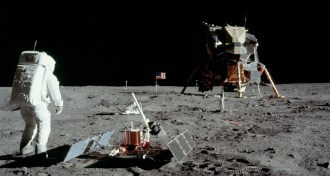 Planetary Science
Planetary ScienceBefore moon landings, scientists thought dust or crust might disrupt touchdown
Moon dust didn’t swallow spacecraft as was suggested in the 1960s. Successful exploration since that has changed our view of the moon.
-
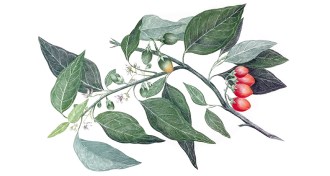 Science & Society
Science & SocietyExpedition’s plants illustrated, build your own robot, and more
Three museum exhibits allow visitors to explore 18th century botanical art, natural disasters and robots.
-
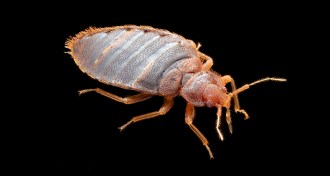 Animals
AnimalsTales of the bedbug, one of the world’s most reviled insects
‘Infested’ captivates with stories about the bloodsucking insects. Resurgent in many areas in the United States, bedbugs are the fastest-growing moneymaker in pest control.
By Sid Perkins -
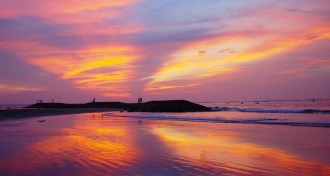 Neuroscience
NeuroscienceSky’s brilliant hues may help bodies keep time
The internal clocks of mice are sensitive to changes in the sky’s colors. Humans’ clocks may work similarly, offering a tool to trump jet lag.
-
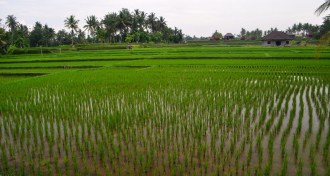 Environment
EnvironmentNatural acids in soil could protect rice from toxic nanoparticles
A common component of dirt makes toxic copper oxide nanoparticles less harmful to rice plants.
By Beth Mole -
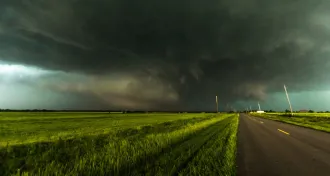 Climate
ClimateThe greatest natural disaster that almost was
The public’s response to the widest tornado ever recorded suggests earlier warnings need to be done right.
-
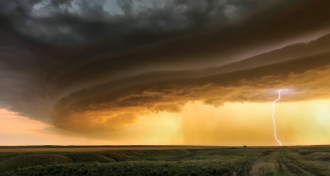 Climate
ClimateWeather forecasting is getting a high-speed makeover
Meteorologists are throwing new technology at the problem of weather forecasting to provide faster and more precise predictions of the coming weather.
-
 Neuroscience
NeuroscienceBeing watched can boost productivity
In the company of another, a monkey steps up production on a simple job.
-
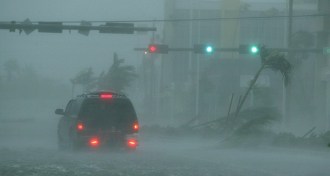 Climate
ClimateOnshore hurricanes in a slump
No major hurricanes have made landfall in the United States for over nine years. That’s a rare occurrence, new research shows.
-
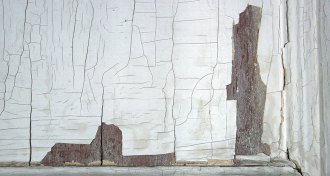 Environment
EnvironmentLow levels of lead linked to lower test scores in children
A large study in grade-school children finds that even low blood levels of lead may be associated with poor school performance.
By Beth Mole